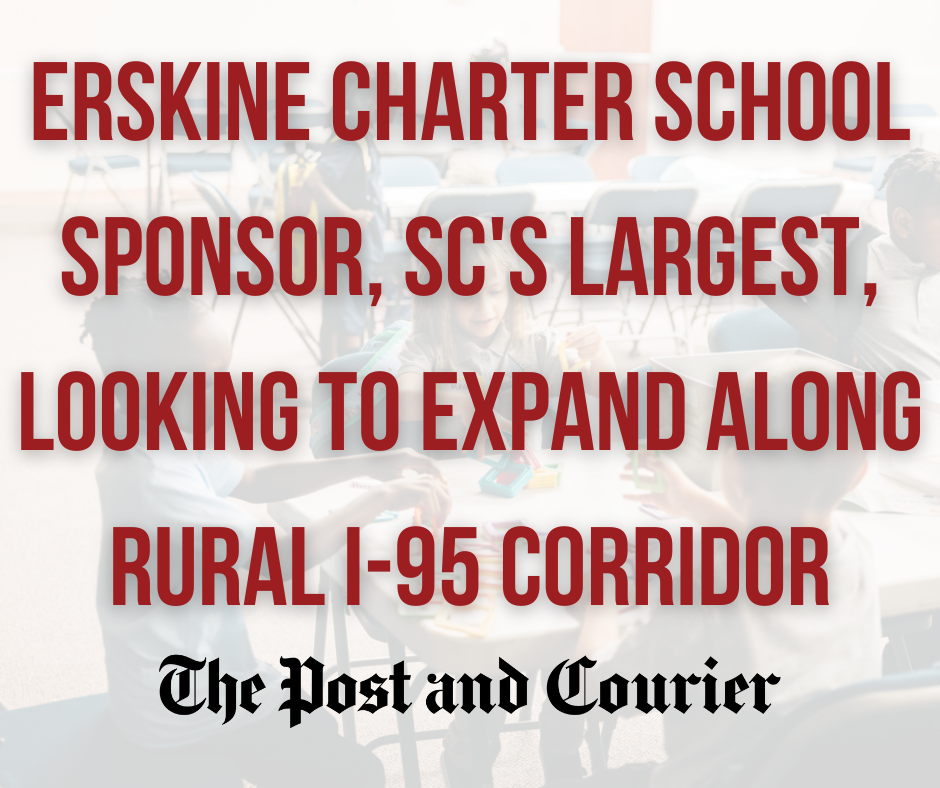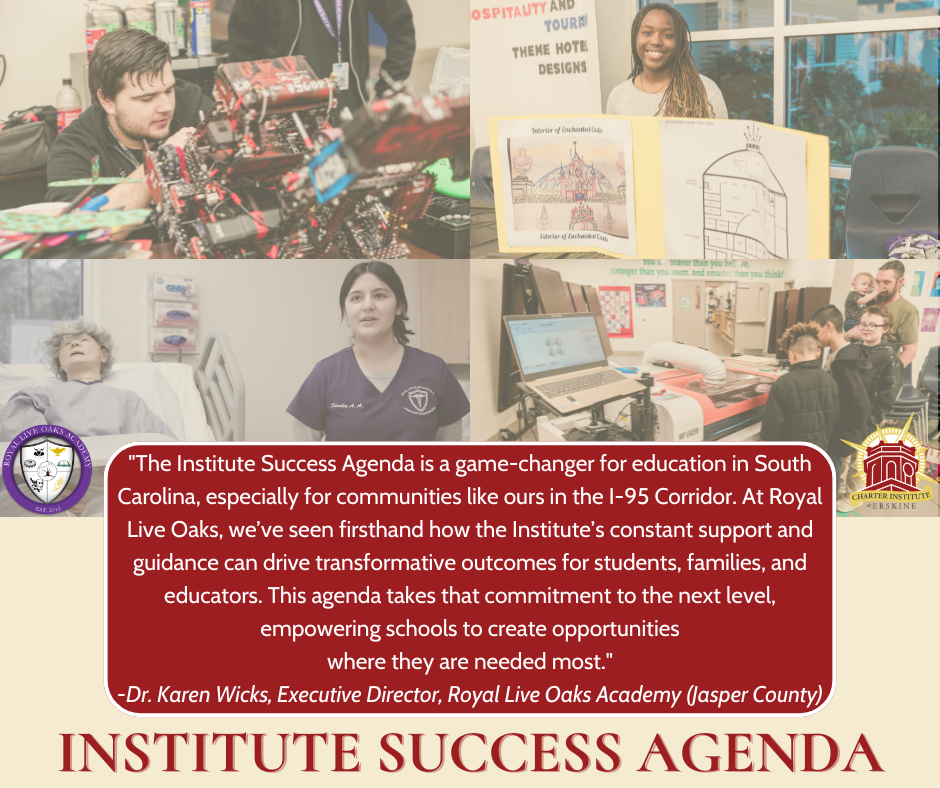#MoveTheNeedle
Institute success agenda
On December 17, 2024, the Charter Institute Board of Directors officially approved the transformative Institute Success Agenda, a $1.75 million series of strategic initiatives that will address some of today’s most pressing challenges in South Carolina’s education system.
The corridor of success
challenge
South Carolina has long struggled to establish meaningful change in the rural I-95 Corridor, known as the "Corridor of Shame." Reputed for its limited access to resources and poor academic outcomes, the need for reform in this area was highlighted in the 2005 documentary "Corridor of Shame: Neglect of South Carolina's Rural Schools."
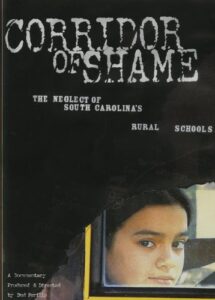
Success Plan
The Institute will support local communities and the State Department of Education in their goal to increase academic achievement of children in the “Corridor of Shame.” Accordingly, the Institute will offer $100,000 in forgivable, no-interest loans to up to 10 approved applicant groups committed to opening charter schools in the “Corridor of Shame.” These groups must have a history of operating high-quality schools. The loan will also be available to approved existing schools in the Corridor who wish to expand. Utilizing financial controls along with deep academic and operational support from the Institute, these schools will be equipped for success. Schools that achieve Institute benchmarks within the first three years will have their loans forgiven and become Institute “Corridor of Success” schools. Within ten years, Institute schools will transform the "Corridor of Shame" into the "Corridor of Success”.
proven success
Royal Live Oaks academy of south carolina

- Serves 679 kindergarten through 12th grade students in Jasper county.
- With the most points earned on the 2024 School Report Card, Royal Live Oaks Academy is the highest performing elementary, middle, and high school in the county.
- Both the elementary and high school divisions received an overall report card rating of Good on the South Carolina School Report card, and the elementary school achieved Excellent student growth in ELA and Math.
- Recognized as a School of Distinction and Palmetto Silver school for their academic achievement.
math success
challenge
Math scores in South Carolina and nationwide have hit historic lows. Identifying the root cause can be challenging due to variations in instructional methods, teaching strategies, and classroom resources.
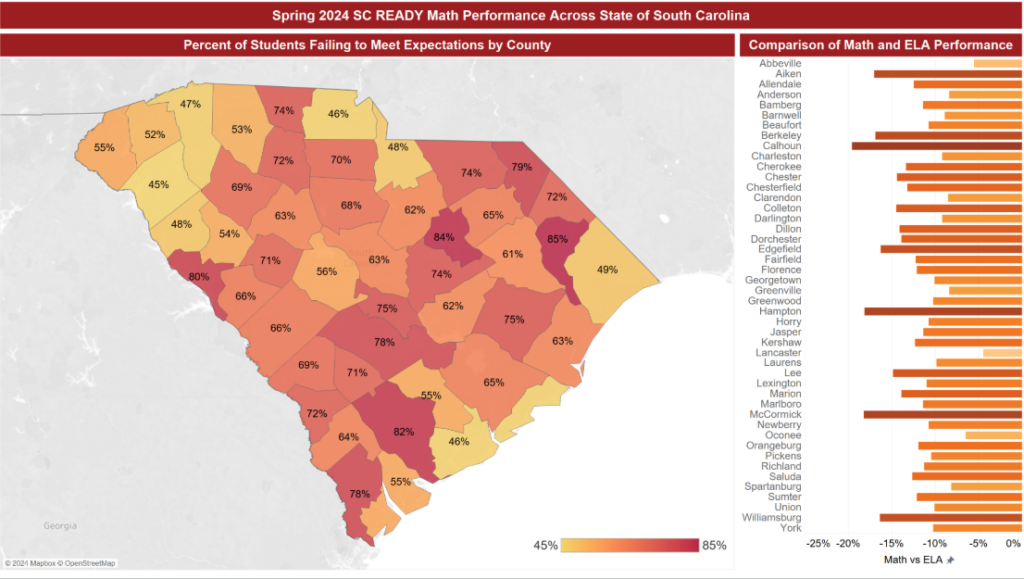
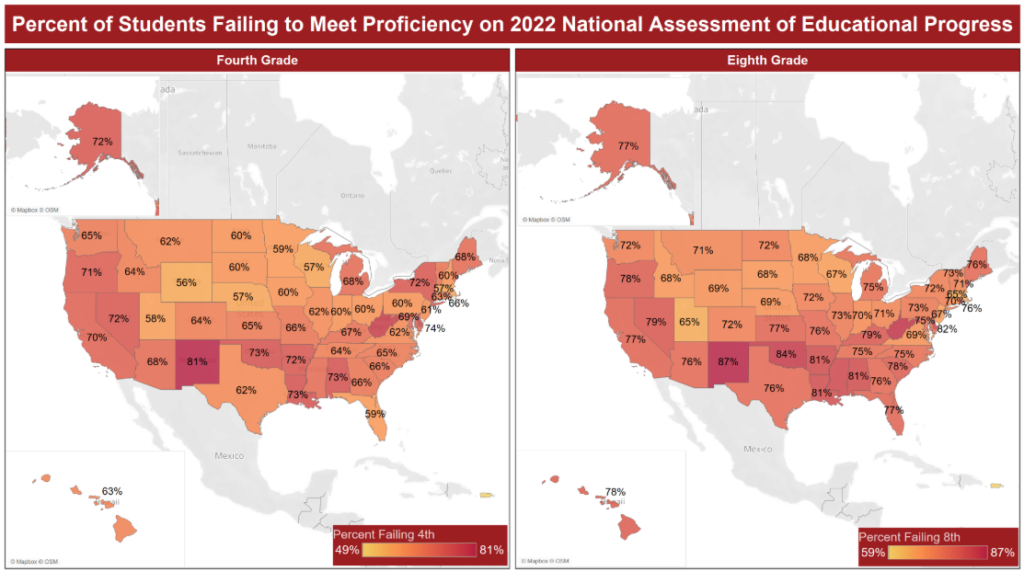
Success Plan
- Utilize global math experts to conduct groundbreaking research in classrooms, uncovering the issue's root causes.
- Host a Global Math Summit in Columbia in the Spring of 2026 to present the findings of this research and begin developing solutions based on these findings.
- Reward excellence with "Success Performance Bonuses" as high as $5,000 for Institute teachers who achieve success in math in alignment with Institute targets.

acceleration of success
challenge
For years, parents have made charter schools the fastest-growing sector in public education. However, charter growth velocity, particularly in poor and rural areas, has been slowed by a consistent lack of resources for land and facilities funding.

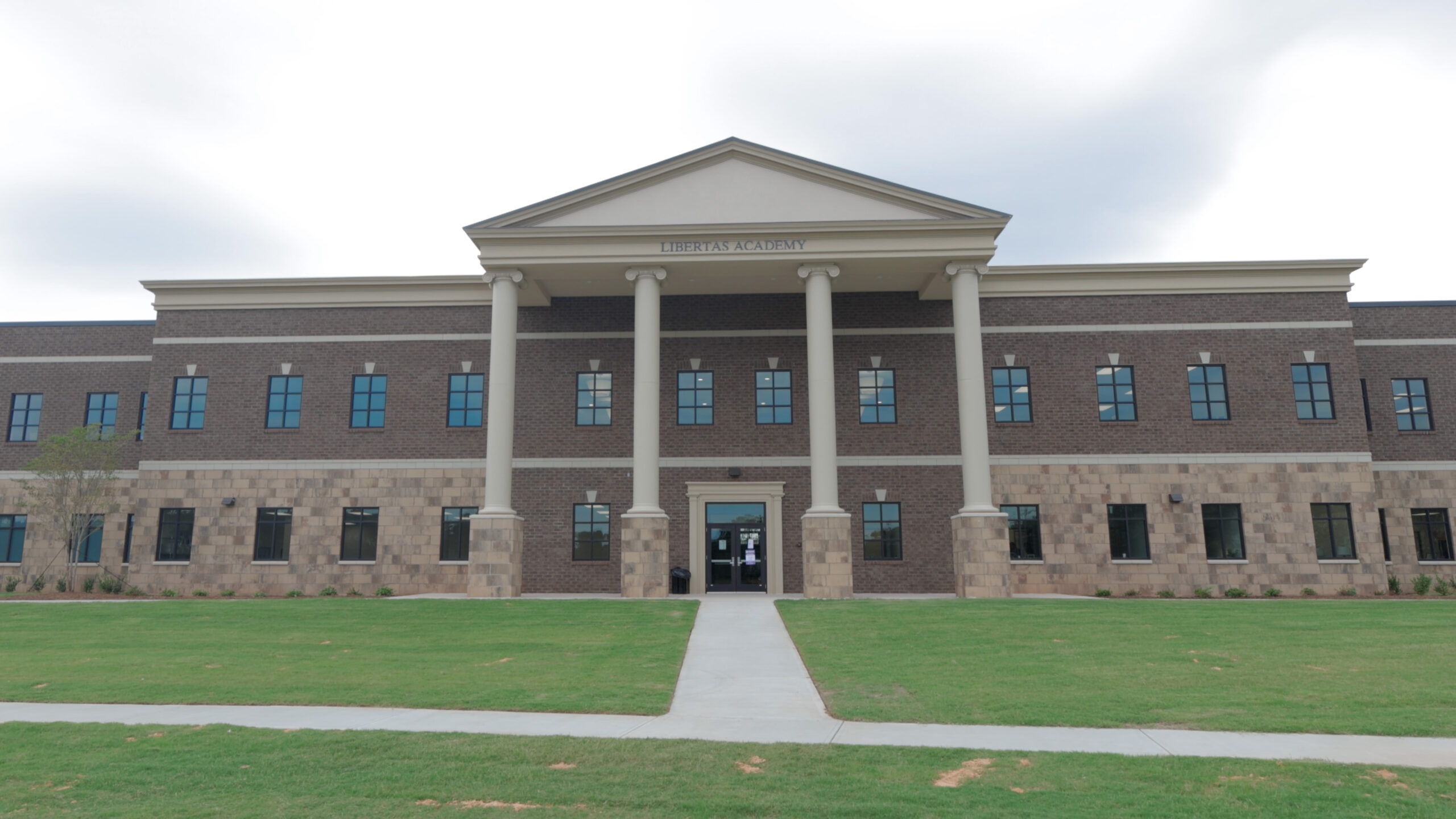
Success Plan
In addition to cultivating funding relationships across the United States, the Institute will support the creation and capitalization of alternative and innovative funding mechanism(s) that will specifically target the geographic areas of greatest educational need. The goal of this plan is to provide accessible, below-market-rate financial support to new and expanding schools. These alternative vehicles will provide an avenue for philanthropic and business interests to collaborate to benefit the neediest children and expand the state’s economy and workforce.
